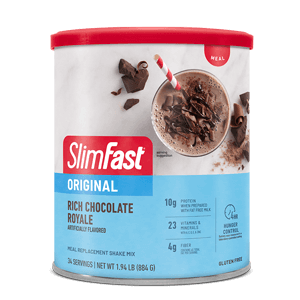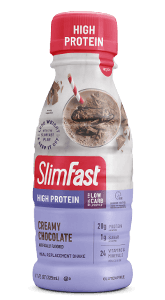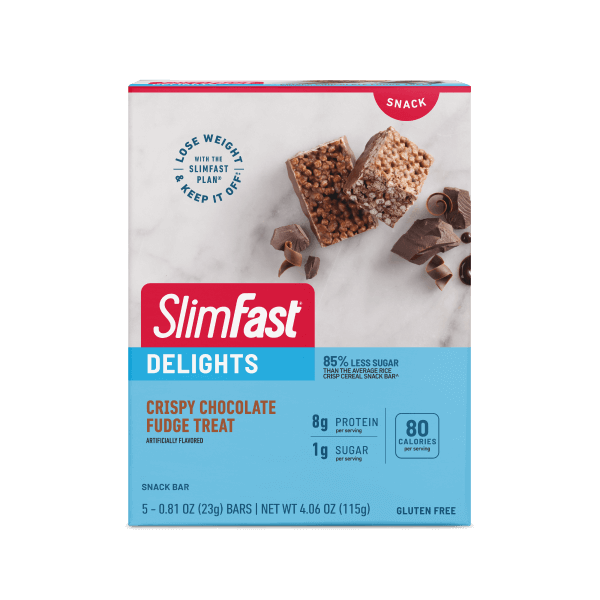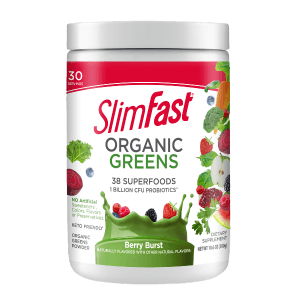Feeling bloated can be frustrating, especially when trying to fit into a particular outfit or enjoy time in swimwear under the sun. You may find bloat happens after you’ve eaten a large meal or certain food or food types. It often occurs after consuming a large meal or certain types of foods, leading to discomfort and unwanted gas. But what exactly is bloating, and how can we manage it? Bloat refers to abdominal distention and is often accompanied by gas and or gastrointestinal discomfort. The way you eat may play a significant role in how you feel and sometimes feelings of fullness or bloating are the result of something you ate or the way it was consumed. Here are six tips to consider that might help.

- Slow Down When Eating: Sometimes eating too much too fast can cause bloat. Try to be conscious to take your time when eating, chew more and consider eating smaller meals.
- Be Mindful of Cruciferous Vegetables: Cruciferous vegetables are a diverse group of vegetables such as broccoli, brussel sprouts, cabbage, cauliflower, kale, bok choy, and more. Notable nutrients include fiber, vitamin C, vitamin K, folate and more. Some people may find that this class of veggies may make them feel gassy. If you’re aware of this, be mindful of your intake and try to include other vegetables that you know work better for you.
- Consider Fermented Foods. Fermented foods include dairy products like yogurt, buttermilk, sour cream and kefir. It’s also found in non-dairy foods like kimchi, sauerkraut, miso, tempeh, kombucha, pickles, fermented fish and more. Be mindful of your intake of foods containing live bacteria as they can potentially produce gas in the digestive system.
- Monitor Sodium Intake. A key mineral which helps to regulate fluid balance is sodium. Too little sodium can cause cells to gain water and swell. Too much sodium can cause cells to lose water and shrink. The balance of water relative to sodium is essential. Sodium can be found in varying amounts in table salt, condiments, processed foods, salted snacks (pretzels, crackers), pickles, olives, canned foods, vegetable juices, and smoked, cured and processed meats, fish and cheeses. Salt adds up fast, so be mindful of daily intake. Especially if you eat out at most fast food restaurants. About 1 teaspoon of table salt contains 2,325 milligrams of sodium.
- Keep Fiber in Check: Fiber-containing foods, including whole grains, beans, lentils, and fruits with skin, can contribute to gas production in the digestive tract. Both soluble and insoluble fibers have the potential to cause bloating. However, these whole foods are packed with nutrition and fiber is often a nutrient many of us fall short on. Stay within the limits. The recommend intake for healthy males is 38g fiber per day and healthy females is 25g fiber per day.
- Stay Hydrated. Adequate hydration can help maintain fluid balance and support digestion which Recommended intake for healthy adult females is about 9-11.5 cups per day and for men about 13-15.5 cups per day.
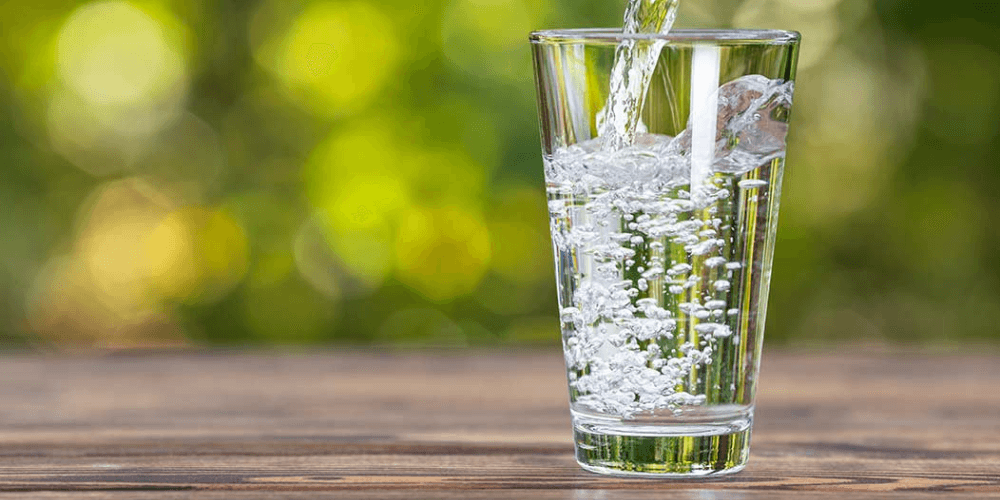
Remember that feelings of bloat can vary from person to person, and adopting certain lifestyle and dietary adjustments may help manage it. However, if bloating persists or becomes a concern, seeking medical advice from a healthcare professional is advisable.

